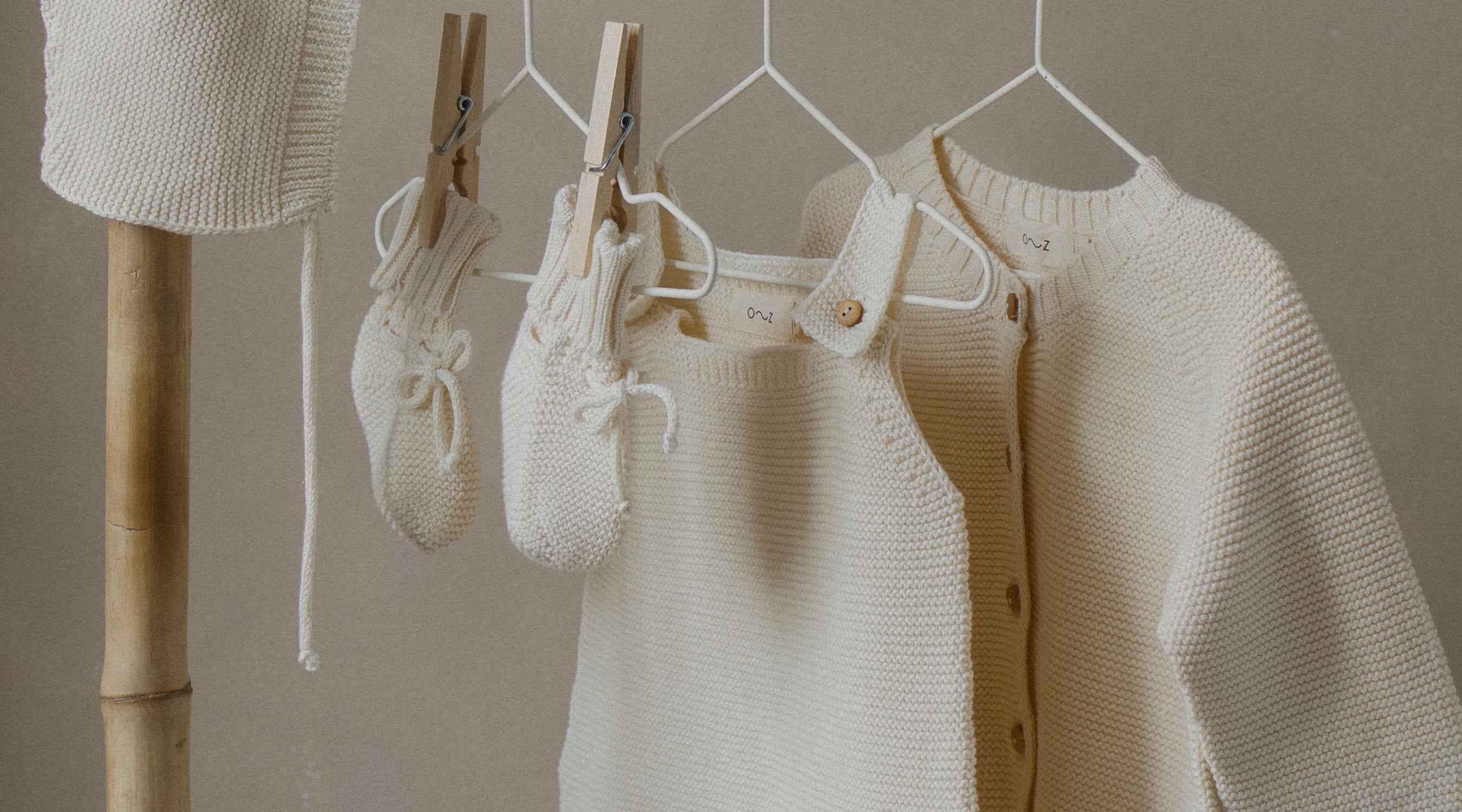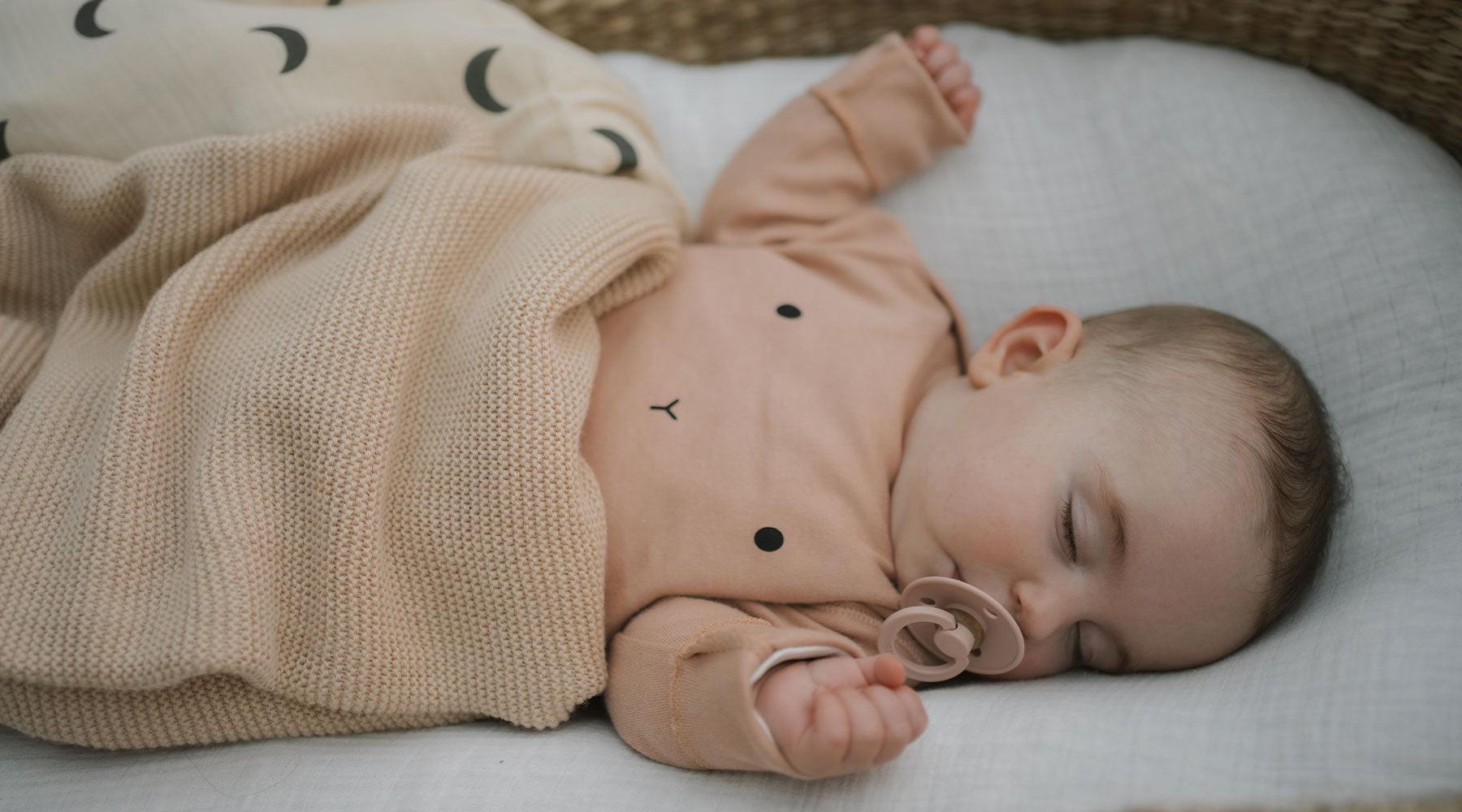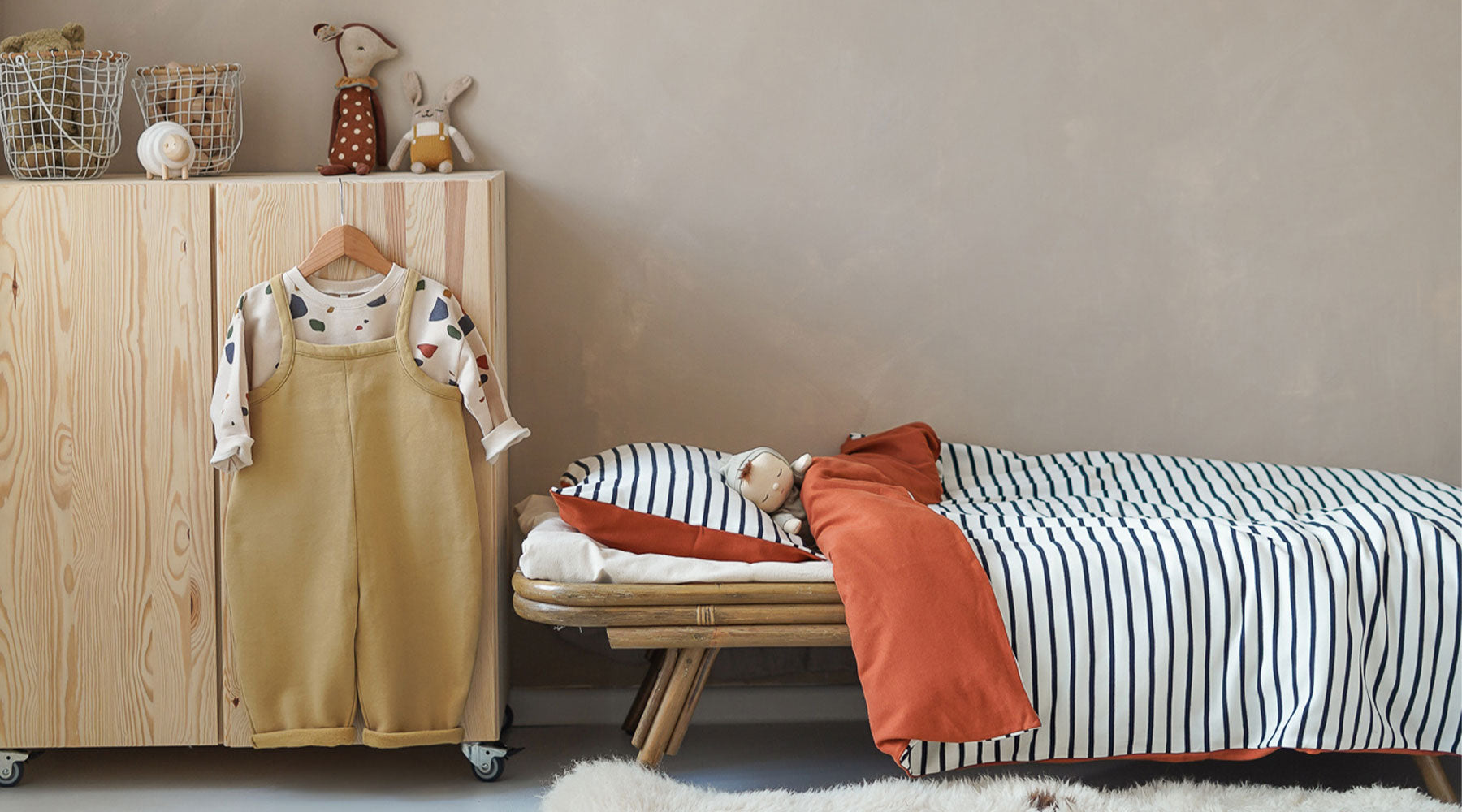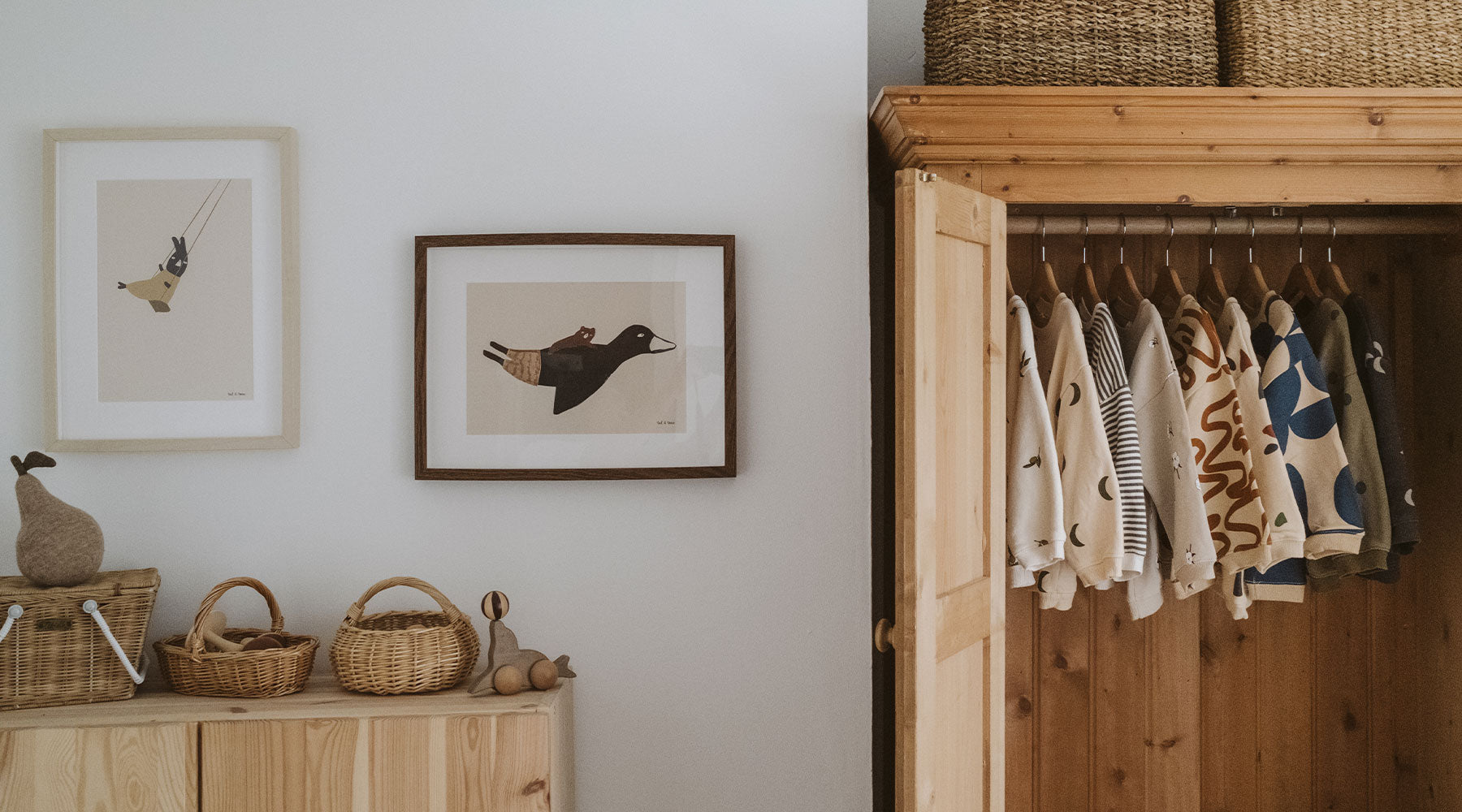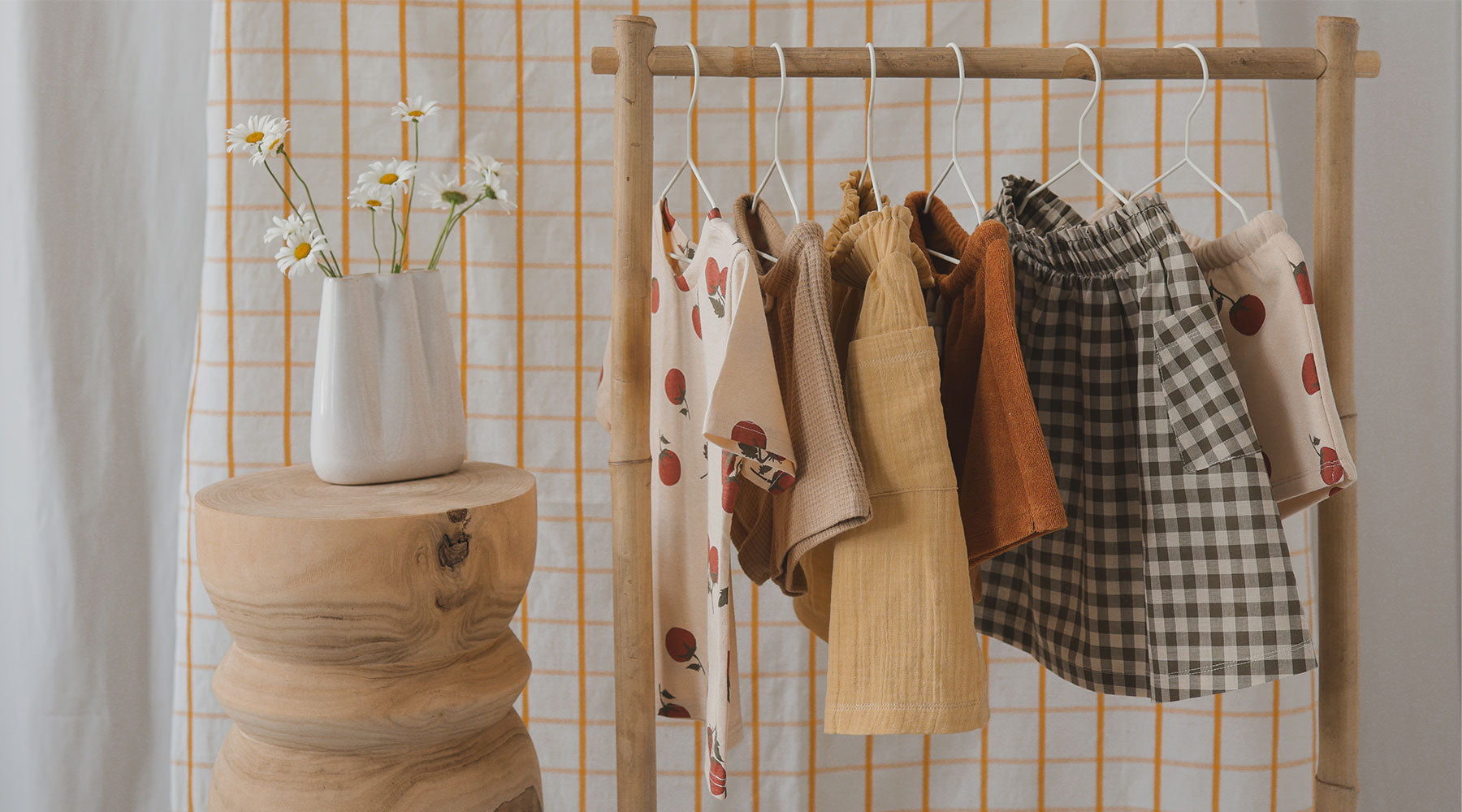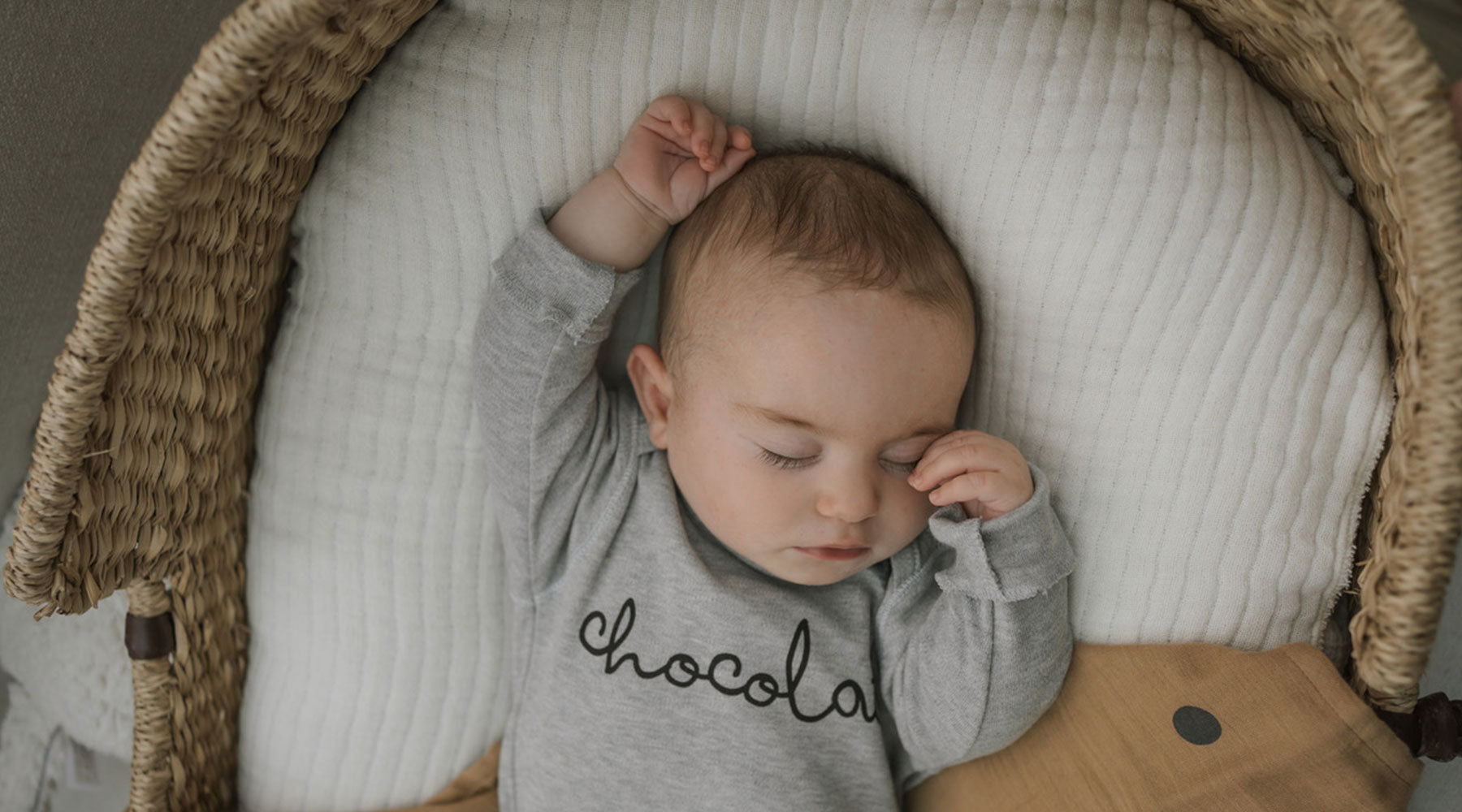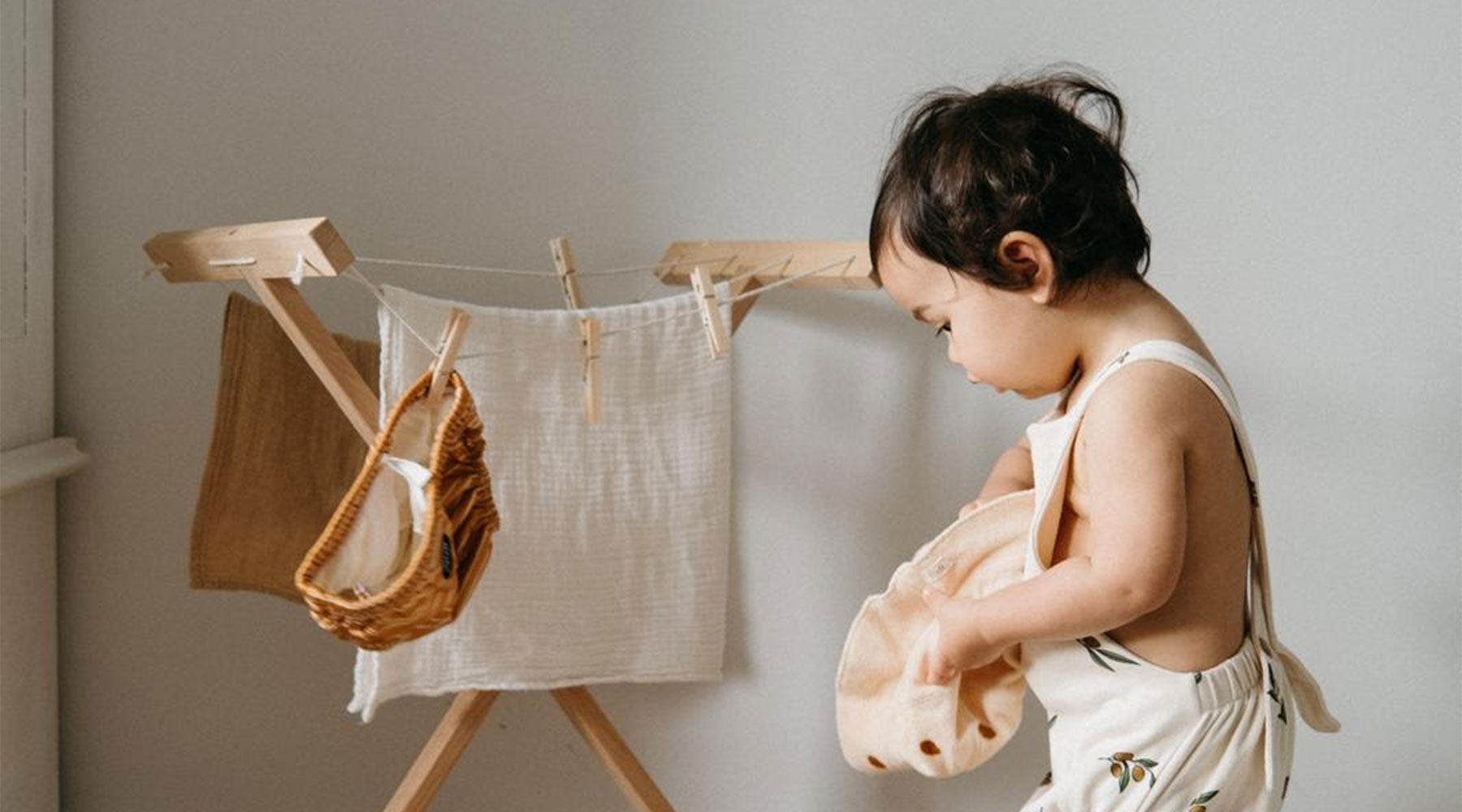We’re not doom and gloom merchants here. We won’t encourage you to dwell upon our darling planet getting hotter, dryer, and angrier. We want to have aspirational conversations where we talk about the potential for bright, happy futures and put our energy into thinking about how we are going to get there. We see a very real possibility of a future spent free from the worry of increasing natural disasters and climate catastrophes, where our children and their children enjoy a stable climate that supports them to pursue their life’s endeavours. But we know that to get there, we have some work to do.
At Organic Zoo, we vote for the planet with our business choices and practices, and we encourage you to do the same with your parenting choices and practices. We choose sustainable, we choose organic, we choose fair, and we know that our customers make the same choices. Mums and dads, brothers and sisters, grannies and grandpas walk alongside us on the path towards a bright, sunny zooniverse. They use what they have, they recycle and repurpose, they relish hand-me-downs and support small, local businesses selling organic produce and products.
The lives of our little ones require ‘stuff’. They need a bed to sleep on, clothes to keep them warm, and food for their tummies. As environmentally responsible parents, we do what we can to make sure all those things are as gentle on the planet as they can be. Let’s have a closer look at how to know if we’re making the right choice when it comes to our families.

What Makes Baby Products Sustainable?
From the baby bottle to the booties, every bit of baby ‘kit’ can potentially harm or help the planet. Products made from natural materials such as wood, glass, cotton, wool, are on the whole, far less harmful to our planet than products that require extensive human intervention and manufacturing. Choosing sustainable baby clothes, hand knitted with love, adds to our planet, while a synthetic one spun from petrochemicals most certainly detracts from it. We like to run things through a little mental test to make our decision. We ask ourselves, ‘Can I imagine how I’d make this myself?’ if the answer is yes (even a very shaky, fanciful yes), then we know we’re on the right track. If you look at a plastic toy with flashing lights and ‘charming’ sounds, chances are you’d have no idea where to begin to create such a toy, and as such, best steer clear.
Expressing Your Views Through Your Choices
Every time you buy something organic, you tell the market that organic products are important and in demand. Every time you walk past a synthetic baby grow, you express the opposite: clothes made from plastic are not of interest to me. The demand for these types of things is shrinking, which impacts production. If people buy organic cotton, then more cotton will be grown organically, a plus for the planet. Your purchases are powerful, so think carefully about the message you send when you get your wallet out.
We see an ever-growing demand for organic and sustainable baby goods. Every day, families are switching to natural products and turning their backs on their conventional counterparts. We’re so happy to see the growing numbers of mums and dads making sustainable choices and opting for products that send the message loud and clear: ‘We care about our planet.’
Small Changes Can Have Big Effects
Let’s zero in on nappies for just a moment, and excuse us, we’re about to get a bit ‘mathsy’. An average newborn goes through about ten nappies a day. In the US right now, there are (very approximately) eleven million babies. If we work it out, that’s more than one hundred million plastic nappies going into landfill every day.
Now, let’s imagine one in ten of those little babies has a parent who opts for a more sustainable path and decides to switch to cloth nappies. That reduces that gargantuan, stinky, pooey pile by ten million nappies! We know it’s the small steps, for big people and little people alike that can start to make a difference, that’s why we’ve partnered together with Pim Pam on our thoughtful reusable swimming nappies (diapers for some of our customers).
It might not seem like much to you to make a sustainable switch. But if you do it, and your neighbour does it too, and your brother-in-law does it, and so does his hairdresser, and so on and so forth, little changes made by many people can have big effects!
Making Sustainable, Affordable
We know that buying organic and opting for sustainable options for your baby’s food, furniture, toys, and clothes may not always be the cheapest or easiest option. We really appreciate every one of your hard-earned dollars that is spent on some of our organic baby clothes, toys or accessories. One reason is that it helps us grow, but it is equally important because it helps us with economies of scale. When things are produced in large batches, the cost of each item goes down a little. The more people opt for organic, sustainable products, the more we can work on making them cheaper and more accessible for more people.
When there is increased demand for a product, and more is being produced, bought and sold, it opens the door for faster innovation. Each time something is created, it is an opportunity to look at how to make it more effectively, more efficiently and more sustainably. Everything new starts off at a premium price, and as it becomes more commonplace, the price naturally falls. And we’re very keen for that process to happen for organic baby goods because the more people opting for organic, the happier the planet becomes!
Related guide
Realistic Routines: How Many Clothes Will My Baby Need & How Often Will I Need to Wash Them?
